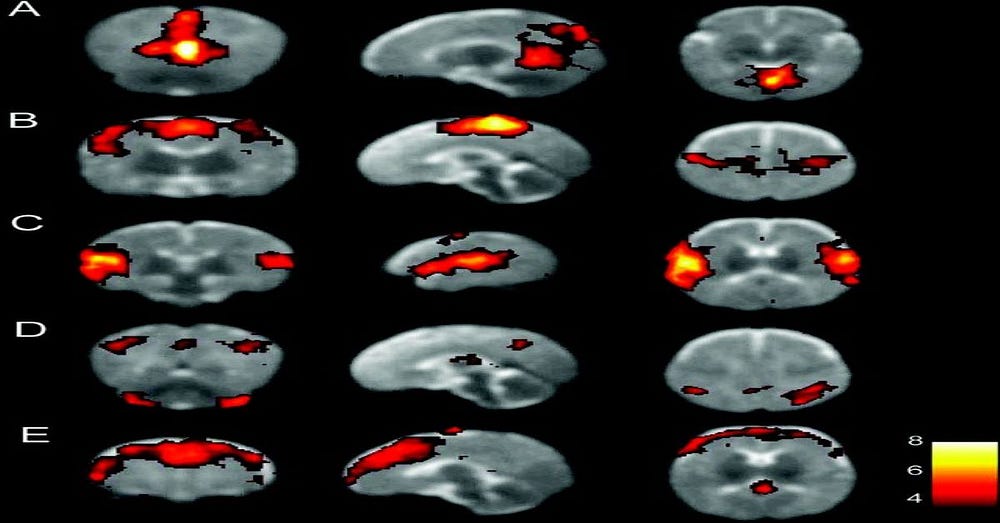According to neuroscientist and Nobel laureate Gerald Edelman, consciousness “can only be understood from a biological standpoint, not through physics or computer science or other approaches that ignore the structure of the brain”.

When did consciousness become a (fit) subject for science?
According to the science journalist John Horgan (in his book The End of Science: Facing the Limits of Science in the Twilight of the Scientific Age), it was as recently as 1990 — only 32 years ago! This is how Horgan put his case:
“In 1990, Crick and a young collaborator, Christof Koch, a German-born neuroscientists [] proclaimed in Seminars in the Neurosciences that it was time to make consciousness a subject of empirical investigation.”
Following on from that, it could be said that when consciousness became a subject of science; it then became acceptable subject for (at least some) philosophers. (Or at least for those philosophers with scientific credentials or who had a commitment to a strong science-philosophy relationship.)
The essential — and some would say obvious — point that the molecular biologist, biophysicist and neuroscientist Francis Crick made was that the study of consciousness must be a biological — therefore a scientific — study. That is, it isn’t about “arguing over psychological concepts and definitions” (which is what Crick believed philosophers do); but one of “lots of experiments”.
According to Crick, psychologists (as well as philosophers) have
“treated the brain as a black box, which can be understood in terms merely of inputs and outputs rather than of internal mechanisms”.
So consciousness is all about the brain.
In fact it’s even more specific than that in Crick’s case: it’s all about neurons.
As Horgan puts it, “[n]eurons must be the basis for any model of the mind”.
The biologist, neuroscientist and Nobel laureate Gerald Edelman (1929- 2014) is also said to have held the position that the mind
“can only be understood from a biological standpoint, not through physics or computer science or other approaches that ignore the structure of the brain”.
[Clearly all this chimes in well with the philosopher John Searle’s own “biological theory of consciousness” — see here. That said, the scientists mentioned in this essay will almost certainly have at least some problems with Searle’s philosophical positions on consciousness.]
To demonstrate his point, Edelman put the seemingly extreme position of “functionalists” (such as Marvin Minsky) who “say they can build an intelligent being without paying attention to anatomy”.
Two
There’s a simple reason as to why scientists and even philosophers must now concentrate of the brain when it comes to questions about the mind and consciousness. According to Horgan, it’s
“precisely because philosophical approaches to consciousness have all failed that scientists must focus on the brain”.
Indeed another way of putting that is to say that these philosophical theories of mind and consciousness all failed (if that’s truly the case) because they completely ignored the brain!
Perhaps most philosophers didn’t see the brain as being a fit subject for philosophy — or even for the philosophy of mind. Nonetheless, many 20th century philosophers certainly did utilise the findings of neuroscience; especially from the 1960s onwards.
The obvious reason as to why philosophical theories about consciousness — and perhaps the mind generally — are seen as problematic is that they’re all (according to Francis Crick) “untestable and therefore useless”. Indeed it’s been said that even highly-sophisticated philosophical theories of consciousness are in the same ball park as beliefs about the Holy Ghost. Or as the neurophysiologist and computational neuroscientist Christof Koch (1956-) once put it:
“Why don’t you just say that when you have a brain the Holy Ghost comes down and makes you conscious!”
In fact he said that to the Australian philosopher David Chalmers! Chalmers replied to Koch’s rhetorical question. He argued that a belief in the Holy Ghost is “unnecessarily complicated” and that “it would not accord with his own subjective experience”.











No comments:
Post a Comment